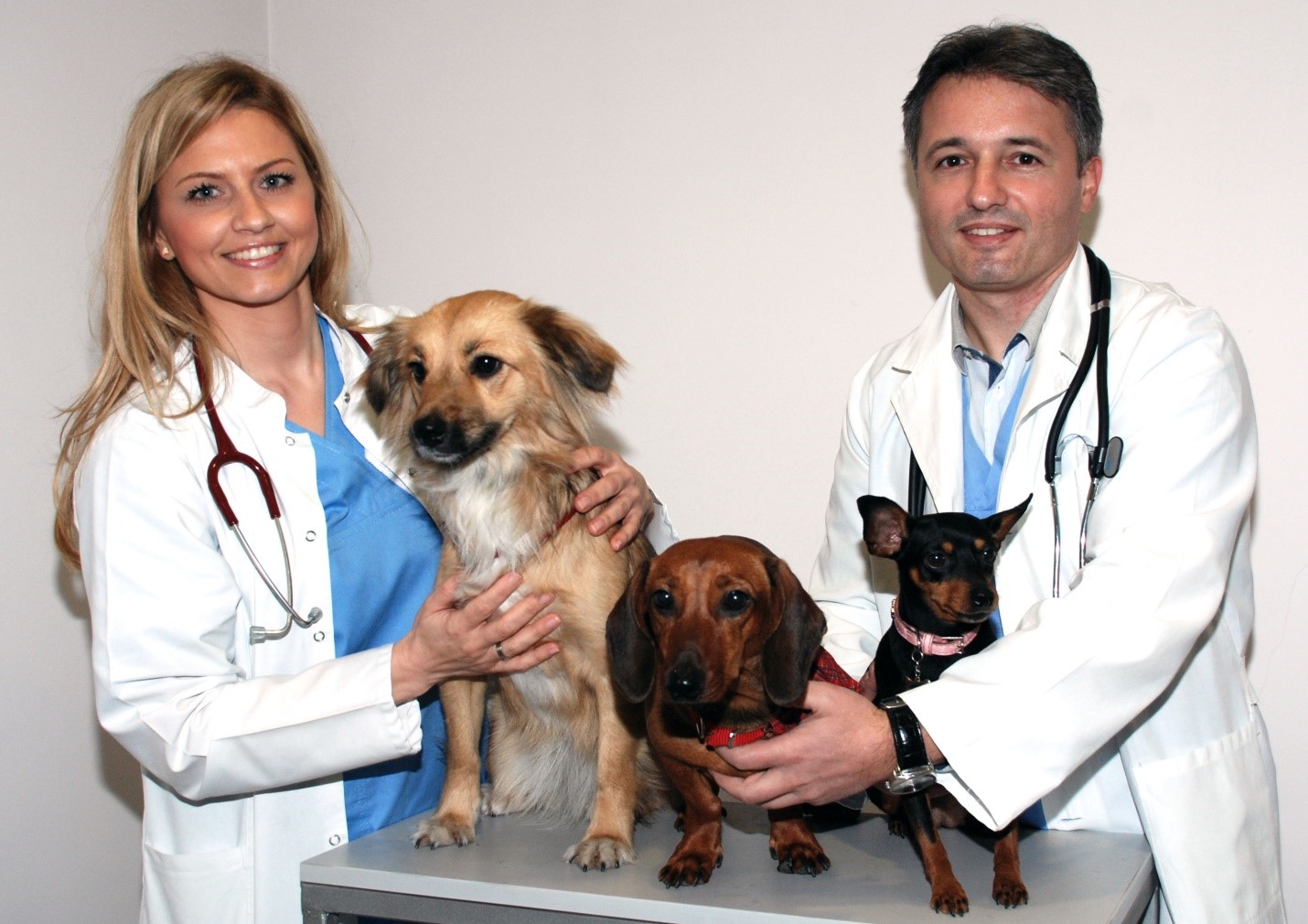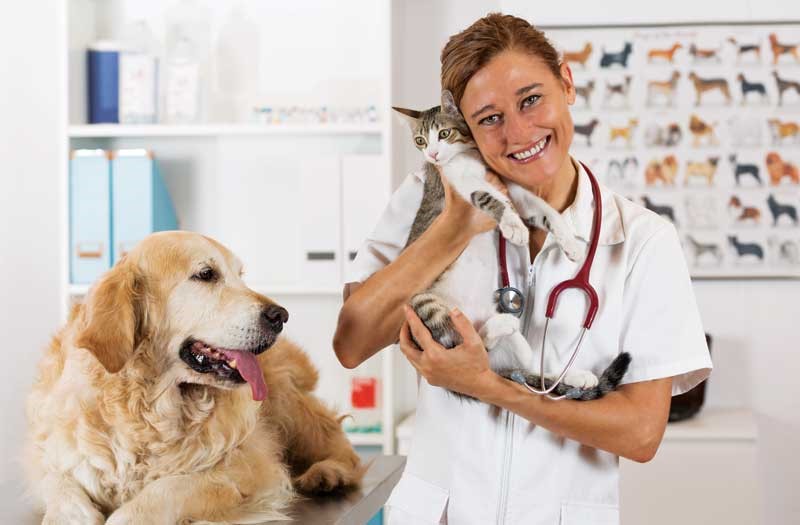
We can all agree that taking your pet to a vet is essential for maintaining proper health of your beloved animal.
The main problem lies in the idea that pets cannot talk, which means that we need to detect the signs that they require a veterinarian.
You should have in mind that common signs tend to be transparent, which is why you should check them out frequently to determine the state of your pet.
It is natural to care for your family member as much as you can.
We recommend you to check out animal experts such as the ones from Abbotsford vet so that you can get the appropriate help.
However, sometimes it can be challenging to determine how your pet is feeling and whether you should go to a professional.
That is the main reason why you should read through because you will be able to learn about the most common signs that your pet needs a health check.
Even though knowing these signs are highly useful, you should go to regular checkups to prevent problems in the future and alleviate the existing ones.
1.Abnormal Bathroom Habits

You probably know the frequency of your pet’s bathroom habits, which is why you should take into account the more frequent and abnormal situations.
Always check out the feces from your pet to determine whether it appears reasonable or not because through it, you will be able to detect the problems that you can deal with in case you notice in time.
Generally, change in odor, consistency, color as well as regularity of bathroom habits is an indication that something is going on with your cat or dog.
The problems can vary from allergies, viruses, intestinal parasites, bacteria, organ problems, inappropriate food, or organ problems.
Of course, if you notice blood in the stool or long-term constipation, you should check out your vet before it becomes more severe. In some cases, you may need to bring the sample of stool for further testing.
You should check here to learn more about vets in general.
On the other hand, you can also take a picture of feces to let your vet understand what is going on.
2.Excessive Thirst
It is essential to hydrate your pet because dehydration can lead to severe issues in the future. However, if they tend to consume it more than usual, it is a sign that something is wrong with it.
Both animals and humans can develop similar diseases. Therefore, excessive thirst can be an indication of kidney disease or diabetes, among other things.
Remember that both conditions can lead to severe problems and fatality, which is why you should start with the therapy as soon as possible. In case you catch it in time, your beloved dog or cat will be able to live with these conditions by implementing proper medical treatment.
3.Frequent Vomiting
Similarly, as in humans, vomiting can happen due to inappropriate food or an upset stomach. However, it can be a sign of severe illnesses, as well. If your cat or dog has diarrhea in combination with frequent vomiting, you should pay attention to the food that it consumes.
At the same time, if the symptoms come in combination with a lack of appetite and lethargy, it can be problematic. Remember that vomiting is a sign that you may have intestinal obstructions, organ failure, pancreatitis, endocrine diseases, or virus.
If it happens frequently, it can lead to dehydration. Remember that dehydration requires supportive care, including anti-nausea meds and fluids.
4.Different Appetite
If the diet regiment changes, it means that something is wrong. Of course, you should know the natural appetite of your pet, but avoidance of food and loss of appetite can be a sign of mouth injury or illness.
You should analyze the eating patterns and habits for a few days, and if the problem persists, you should make an appointment with the closest vet.
Check out this guide: https://www.wikihow.com/Choose-a-Vet to learn how to choose a vet for your particular requirements.
On the other hand, if your cat is panting all the time, it can be an indication of breathing issues. Open-mouth breathing is not common in cats, which is why you should do something about it as soon as you notice it.
It is usually a sign of respiratory or cardiovascular issues. In both cases, you need to be proactive in preventing further problems.


